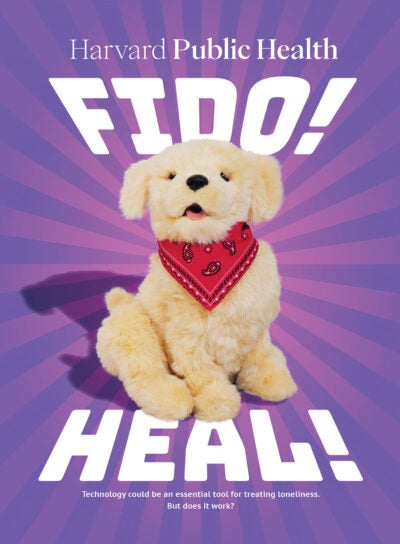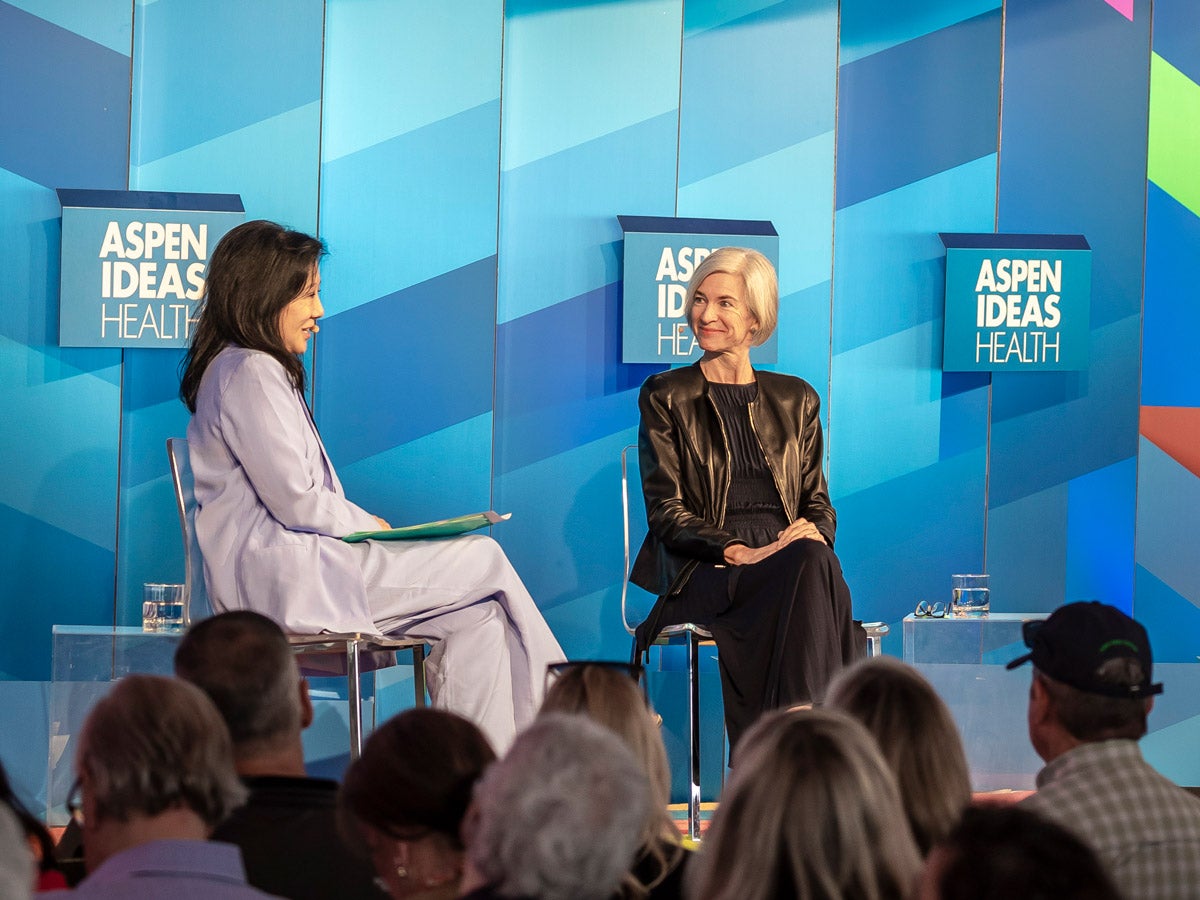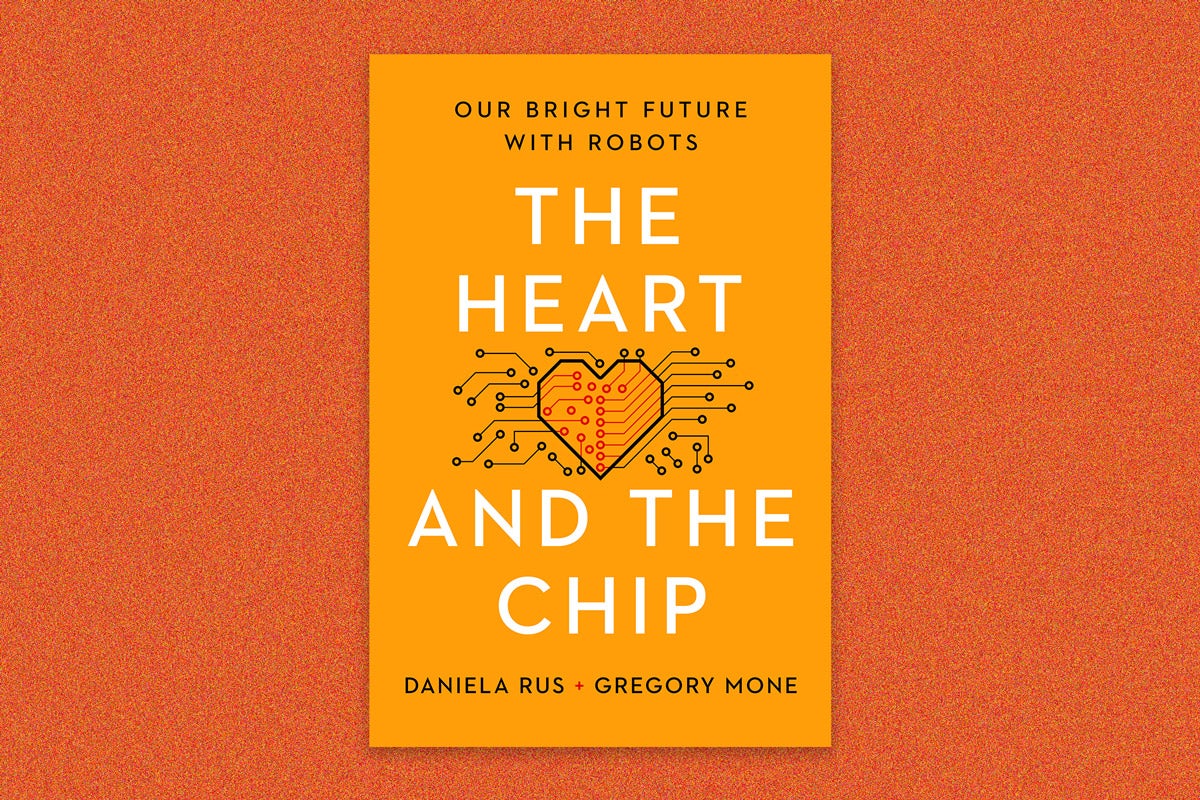From the editor
Ideas on the future of public health
As I wrote this note, an artificial intelligence tool called ChatGPT was trending on social media, mostly because it was good at writing. I briefly considered using it to ‘write’ this. It would take the tool about 15 seconds, an astonishing improvement on me. And since this issue of Harvard Public Health explores ideas about the field’s future, it seemed almost apt.

But the future is a complicated place. ChatGPT responds to open-ended prompts and “What is the future of public health?” is an absurdly open question—the stories in this issue cover a wide breadth of topics, from furry robots to data analytics to development strategies. It would probably take me longer to devise the right prompts than it would to just write the column. Plus, the tool does not report, it regurgitates—and it gets its facts wrong. Very wrong. A guest on On Point provided several examples of giving prompts to ChatGPT and getting back nicely phrased nonsense, most memorably that the Russian space program has sent 52 bears into space. Separately, I got a note detailing how ChatGPT was asked to argue, with references, that firearms do not increase child mortality. The bot built its case on three peer-reviewed studies, all of which argued the opposite—talk about misquoted. So for now, you’re stuck with me.
Still, AI holds real promise as a technology for creating better health outcomes—it could, for instance, alleviate a stark shortage of mental health professionals, as well as the pain points in payment systems. Public health departments are buying and distributing companion bots to some populations of patients. Could an AI-based robot ease anxiety, mild depression, or loneliness? In our cover story, we asked writer Maura Kelly, who struggles with sometimes intense feelings of loneliness, to try out a few such devices. Her experience is unique to her, of course, but it also reflects some broad truths about human-machine interaction.
Precision medicine is another buzzword that just gets louder, especially now that we have a tool with the potential to sequence genomes for $100—less than the cost of a month of Grande Peppermint Mochas at Starbucks. We look at the relatively new field of precision public health, which seeks to apply the firepower of advanced analytics at population scale.
Too often, solving problems across populations has been a top-down effort, but that may be shifting in global health. Aid groups and large donors have long had a reputation for deciding how communities should use resources. In another of our features, we explore how that approach is shifting to make sure local groups have input on, and sometimes even control of, the investment.
We aim not to be nostalgic about the future, but also not fearful of it. Ideas need iteration and time to mature into something useful, so what you read in these pages may become footnotes to history. But all of these ideas are part of broad cultural swells and seem sure to warrant long-term attention. We look forward to seeing what you do with them.
Sign up for Harvard Public Health
Delivered to your inbox weekly.




